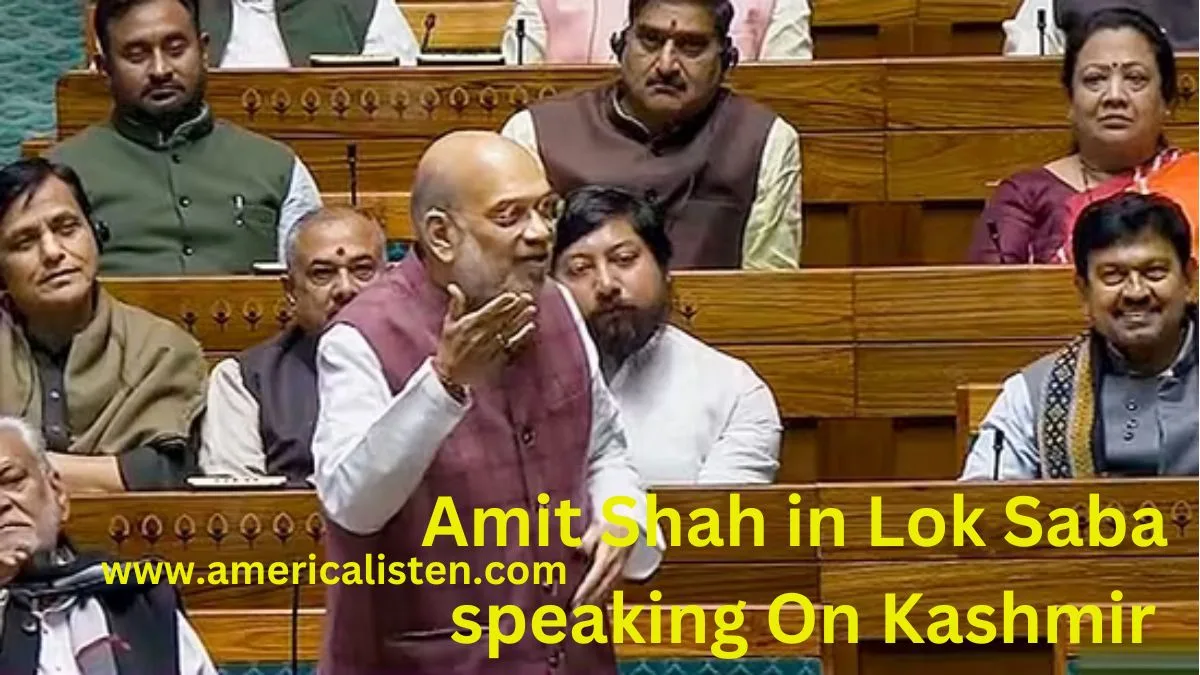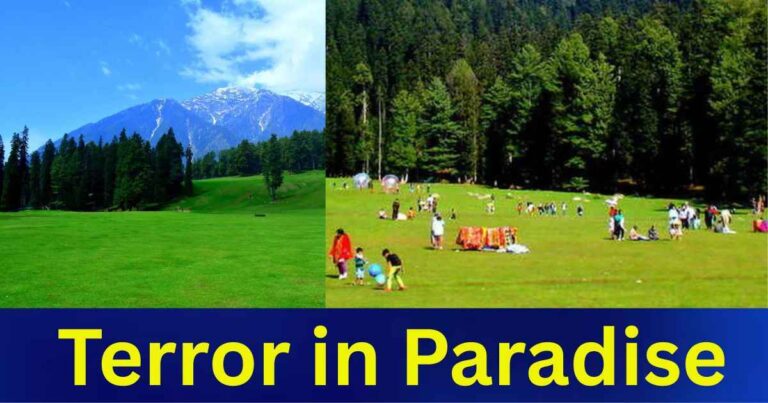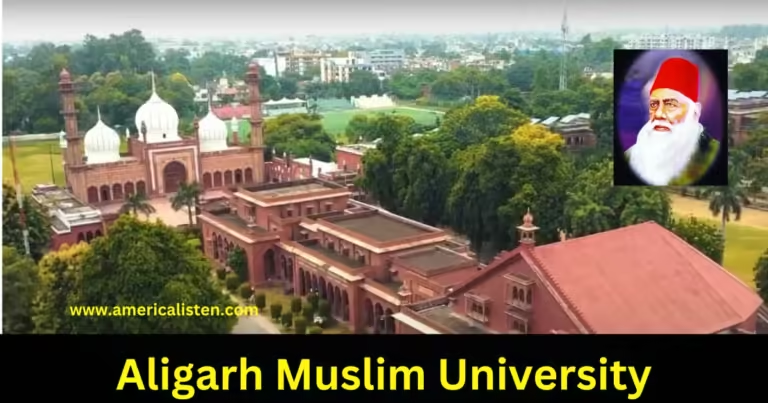“Amit Shah’s Move: India Reserves 24 Seats for PoK in J&K Assembly, Triggering Heated Controversy During Parliament Showdown!”
In a significant announcement in Parliament on Wednesday, Union Home Minister Amit Shah declared that twenty-four seats in the Jammu and Kashmir Assembly have been set aside for Pakistan Occupied Kashmir (PoK), emphasizing, “PoK is ours.” Shah presented the Jammu and Kashmir Reorganisation (Amendment) Bill, 2023, in the Lok Sabha, highlighting changes in the distribution of seats. He pointed out that Jammu, which previously had 37 seats, now has 43, while Kashmir, which had 46 seats, has been increased to 47.
Shah informed the House that the Delimitation Commission, appointed by the Central government for the redrawing of assembly and parliamentary constituencies in Jammu and Kashmir, has specifically reserved 24 seats for PoK. He commended the Commission for considering the applications submitted by representatives of various communities, including Kashmiri migrants and individuals displaced in PoK, regarding their representation in the state assembly.
“The Delimitation (Commission) extensively surveyed J&K. Representatives from different communities, including Kashmiri migrants and those displaced in PoK, submitted applications for fair representation. I am pleased that the commission acknowledged this, and the Election Commissioner of India at that time nominated two seats for Kashmiri migrants and one seat for a person displaced in PoK, which has been unlawfully occupied by Pakistan,” stated Shah.
He went on to underscore the increase in the number of seats in Jammu and Kashmir divisions, reiterating the commitment to justice. “Earlier, Jammu had 37 seats; now it has 43. Kashmir had 46; now it has 47. And 24 seats have been reserved for PoK because it is rightfully ours,” Shah asserted.
Additionally, the Union Minister shared that five nominated members will now be part of the J&K Assembly. During the debate on the Jammu and Kashmir Reservation (Amendment) Bill, 2023, and the Jammu and Kashmir Reorganisation (Amendment) Bill, 2023, Shah outlined the inclusion of nominees, stating, “Earlier, two women were nominated by the Governor in the state assembly. Now, two Kashmiri migrants, including a woman, and one individual from PoK will be nominated.”
In conclusion, Shah emphasized that these bills aim to rectify injustices faced by certain individuals, thereby contributing to the pursuit of justice in Jammu and Kashmir.
You Must Read :
“Jammu and Kashmir Assembly: Navigating Through the Historical Tapestry of a Region Steeped in Legacy”
Jammu and Kashmir, a region historically rich and culturally diverse, has a storied past that intertwines with the evolution of its legislative assembly. The Jammu and Kashmir Assembly has been a focal point in the political landscape, bearing witness to historical shifts, geopolitical complexities, and constitutional reconfigurations.
Historical Background:
The genesis of the Jammu and Kashmir Assembly dates back to the princely state era when the region was a mosaic of small kingdoms. Post-independence in 1947, Maharaja Hari Singh acceded to India, and the Constituent Assembly of Jammu and Kashmir was formed to frame a constitution for the state. This assembly laid the foundation for the subsequent political structure and legislative framework.
Article 370 and Special Autonomy:
One of the defining features of the Jammu and Kashmir Assembly was the special autonomy granted under Article 370 of the Indian Constitution. This article granted the state a considerable degree of autonomy, allowing it to have its constitution and decision-making powers over various matters except defense, communications, and foreign affairs.
Evolution and Reorganization:
Over the years, the political landscape in Jammu and Kashmir underwent significant changes. In 2019, the central government, under the leadership of Prime Minister Narendra Modi, took a historic step by abrogating Article 370 and bifurcating the state into two Union Territories – Jammu & Kashmir and Ladakh. This move marked a transformative moment in the region’s history, altering the political and constitutional framework.
Delimitation and Seat Reservations:
The recent developments in the Jammu and Kashmir Assembly, as announced by Union Home Minister Amit Shah, include a comprehensive delimitation process. This involves redrawing the boundaries of assembly and parliamentary constituencies to ensure fair representation. Notably, 24 seats have been reserved for Pakistan Occupied Kashmir (PoK), asserting India’s claim over the region.
Controversies and Debates:
The decisions surrounding the Jammu and Kashmir Assembly have not been without controversy. Political debates, both within the region and nationally, have ensued, reflecting the diverse opinions and perspectives on the reorganization and reservation of seats. The issue of PoK, in particular, adds a geopolitical dimension to the discourse.
Future Prospects:
As the region navigates through these changes, the Jammu and Kashmir Assembly stands at a crossroads. The evolving political landscape, coupled with the aspirations of the people, will shape the future trajectory of governance and representation in the Union Territory.
Conclusion:
The history of the Jammu and Kashmir Assembly is a tapestry woven with threads of political, cultural, and constitutional significance. From the princely state era to the present, the assembly has been a reflection of the region’s dynamic evolution. As it enters a new phase with reorganization and delimitation, the Jammu and Kashmir Assembly continues to be a pivotal institution in shaping the destiny of the people in this historically significant region.
To know More About J&K Please click Here
You May Like :
what is the Accession Day of Jammu and Kashmir? In the light of history and facts
Why People of Azad Kashmir Want Independence : The Shocking Human Rights Truth Revealed!






